Tag: Ubuntu
-
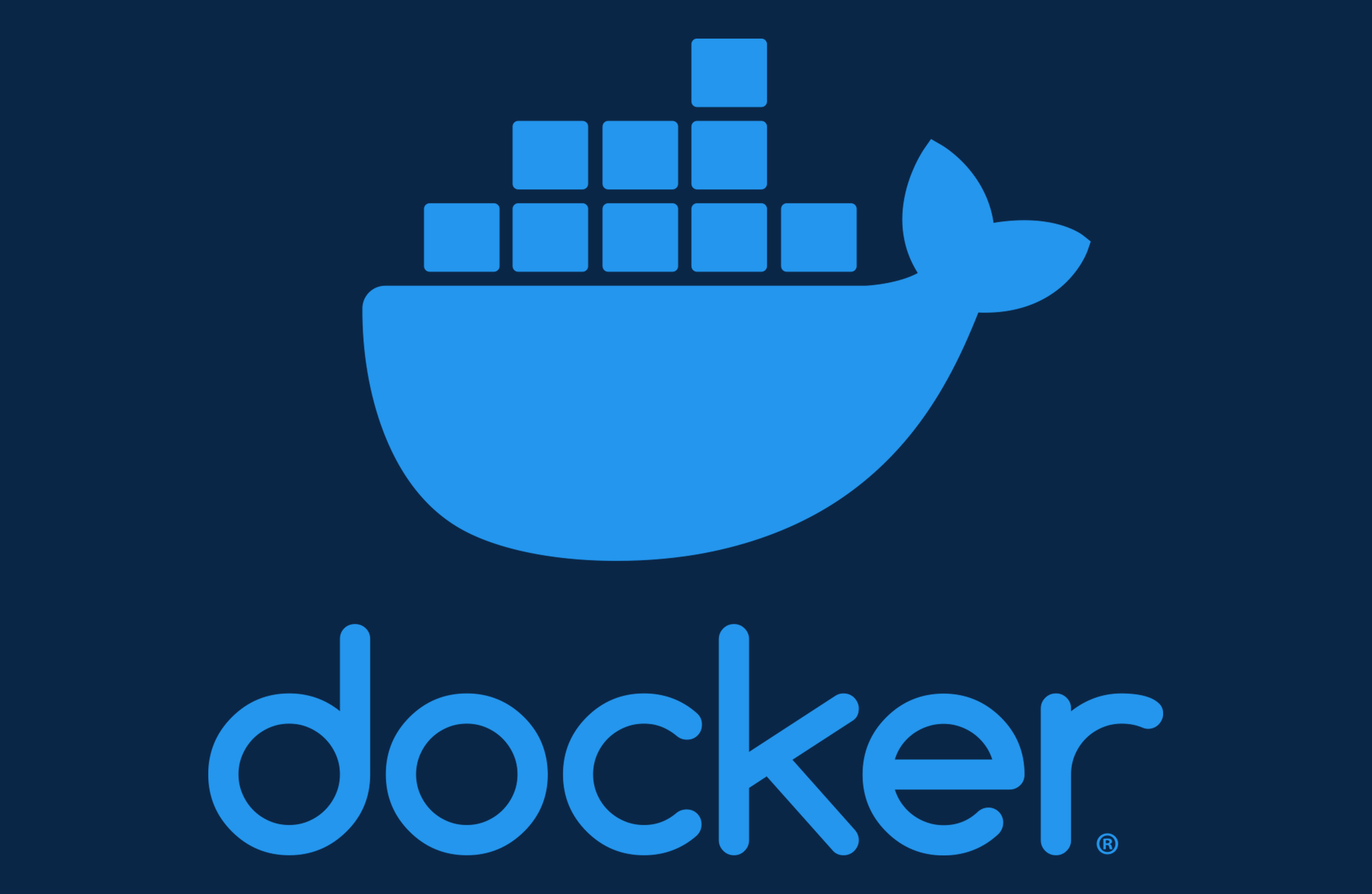
Install Docker Engine on Ubuntu
Prerequisites OS Requirments To install Docker Engine, you need the 64-bit version of one of these Ubuntu versions: Docker Engine for Ubuntu is compatible with x86_64 (or amd64), armhf, arm64, s390x, and ppc64le (ppc64el) architectures. Uninstall old versions Before you can install Docker Engine, you must first make sure that any conflicting packages are uninstalled.…
-
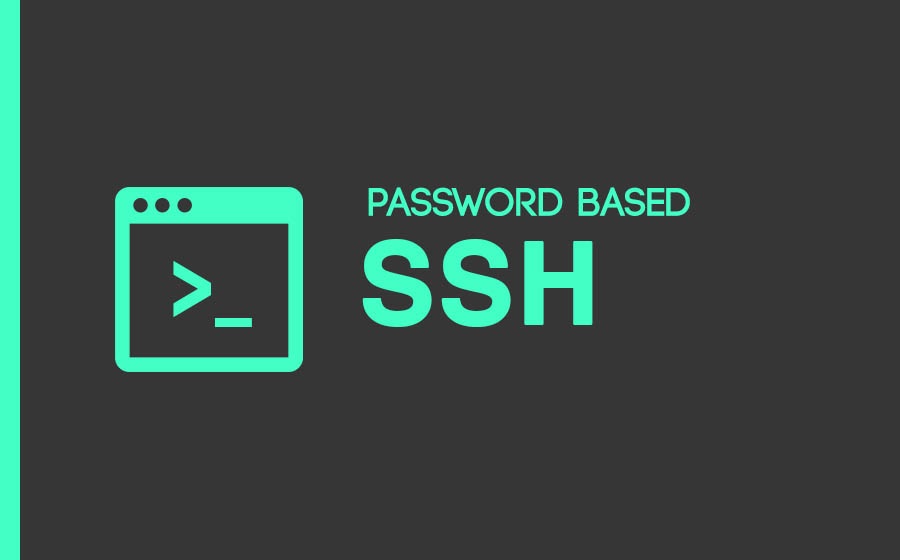
Enable SSH Password Authentication
Some server providers, such as Amazon EC2 and OCI, disable SSH password authentication by default. That is, you can only log in over SSH using public key authentication. SFTP is a protocol that runs over SSH, so this means SFTP using passwords will not work by default when SSH password authentication is disabled. To enable…
-

Install Squid proxy on Ubuntu
Squid is a famous solution for content delivery. There are many purposes for using it could be. Popular aims are improving privacy and making connections more secure or faster. Proxy could be useful to avoid geographical restrictions or research “target” host behavior depending on client location. Preparing Before starting the process you should ensure you…
-

Add Swap Space on Ubuntu
One way to guard against out-of-memory errors in applications is to add some swap space to your server. In this guide, we will cover how to add a swap file to an Ubuntu 20.04 server. What is Swap? Swap is a portion of hard drive storage that has been set aside for the operating system…
-
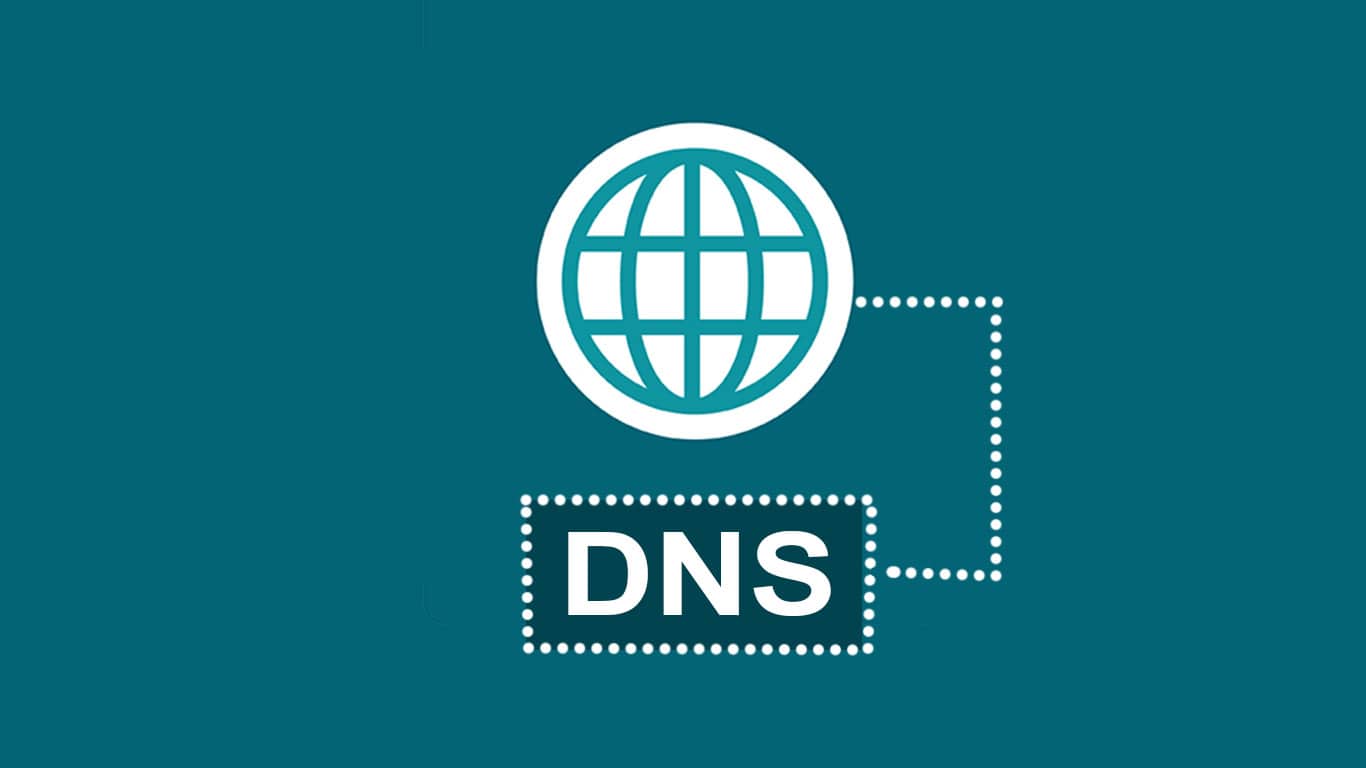
Set DNS Nameserver on Ubuntu
The Domain Name System (DNS) translates text-based domain names to numeric IP addresses. By default, most networks are configured to work with DNS servers supplied by the internet service provider. However, users are free to change the DNS nameservers. This tutorial will show you how to change DNS nameservers on your Ubuntu machine using the…
-

Create a New Sudo User on Ubuntu
By default, each file in Linux has its own permissions and directories. These permissions determine access rights or privileges that users have on the file. If you own a file or a directory, you can pretty much do anything you want with it – you can access it, edit it, rename and even delete it.…
-

Configure firewalld on Ubuntu
What is firewalld? A firewall is a way to protect machines from any unwanted traffic from outside. It enables users to control incoming network traffic on host machines by defining a set of firewall rules. These rules are used to sort the incoming traffic and either block it or allow it through. firewalld is a…
-

Install Virtualmin on Ubuntu
Virtualmin is an open-source web hosting and cloud control panel. It enables users to create multiple managed hosting environments and avoid switching to different servers. It’s secure and allows access to the server via an SSL-encrypted HTTP with little technical knowledge. In this article, you will learn how to install the Virtualmin Ubuntu control panel…
-
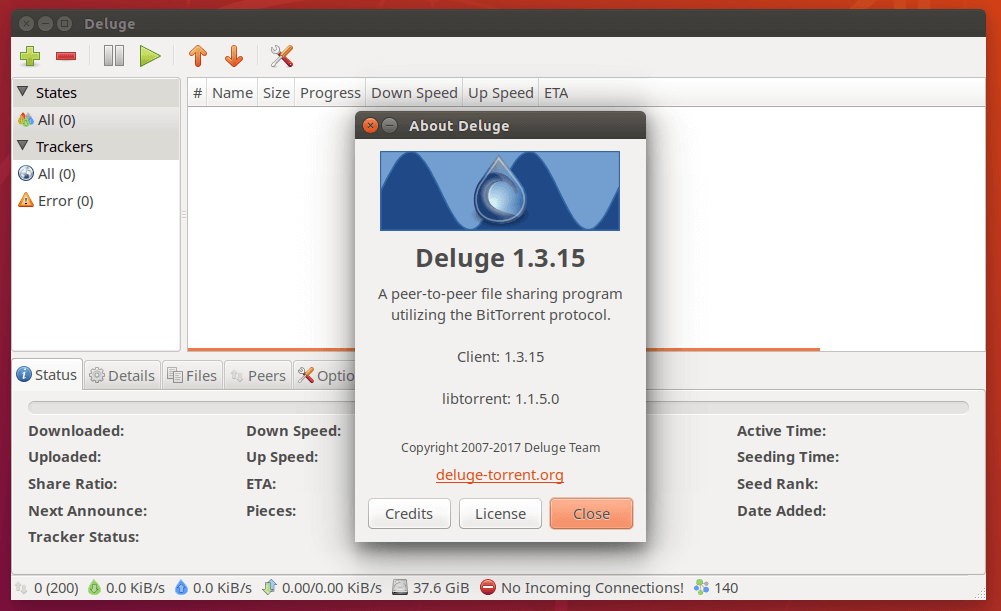
Install Deluge BitTorrent Client on Ubuntu Server
This tutorial will show you how to install Deluge on the Ubuntu server. Deluge is a free, open-source, and lightweight BitTorrent client, available for Linux, FreeBSD, macOS, and Windows. It has a rich collection of plugins that you can install to extend its functionality. For example, you can install the streaming plugin so you can…
-
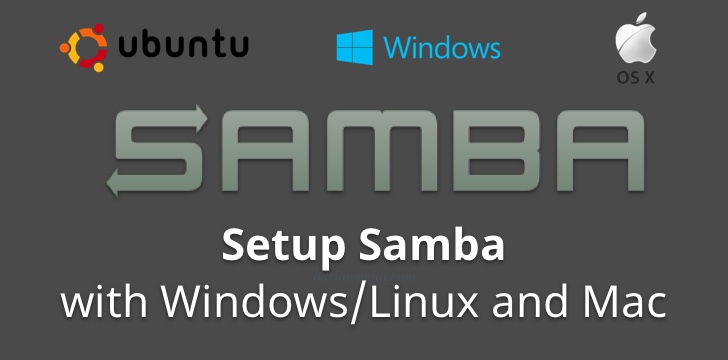
Configure Samba Server Share on Ubuntu 22.04
File servers often need to accommodate a variety of different client systems. Running Samba on Ubuntu 22.04 allows Windows systems to connect and access files, as well as other Linux systems and macOS. An alternative solution would be to run an FTP/SFTP server on Ubuntu 22.04, which can also support connections from many systems. The…
-

Install FileBrowser on Ubuntu
File Browser provides you with a file managing interface and it can be used to upload, delete, preview, rename and edit your files. It also allows the creation of multiple users, and each user can have its own directory. I use it on some of my servers, such as Web or NGINX server; it is…
-

Install xRDP for Ubuntu on Oracle ARM
Remote Desktop Protocol allows users to access remote systems desktops. The XRDP service provides you with a graphical login to the remote machines using Microsoft RDP (Remote Desktop Protocol). The XRDP also supports two-way clipboard transfer (text, bitmap, file), audio redirection, and drive redirection (local mount client drives on remote machines). XRDP is an easy-to-install…